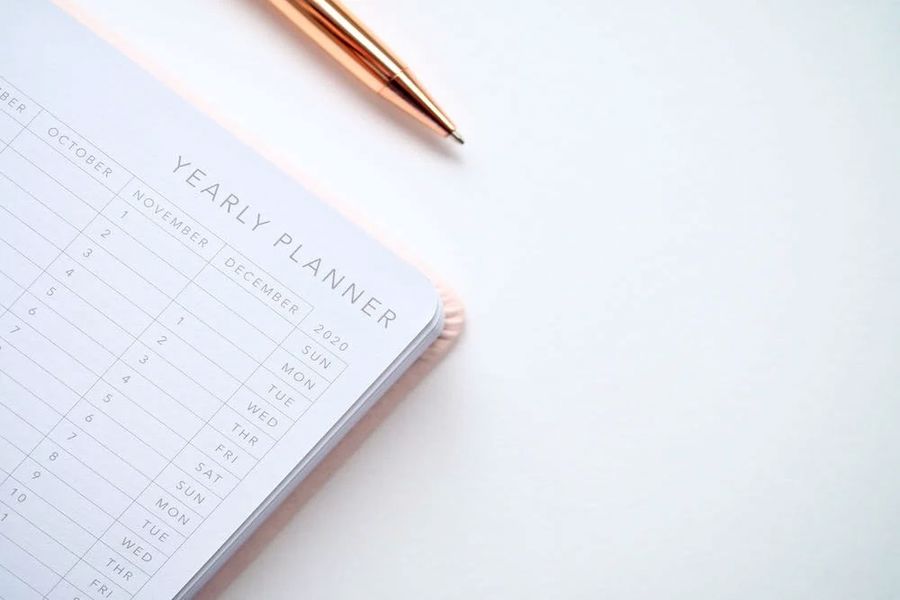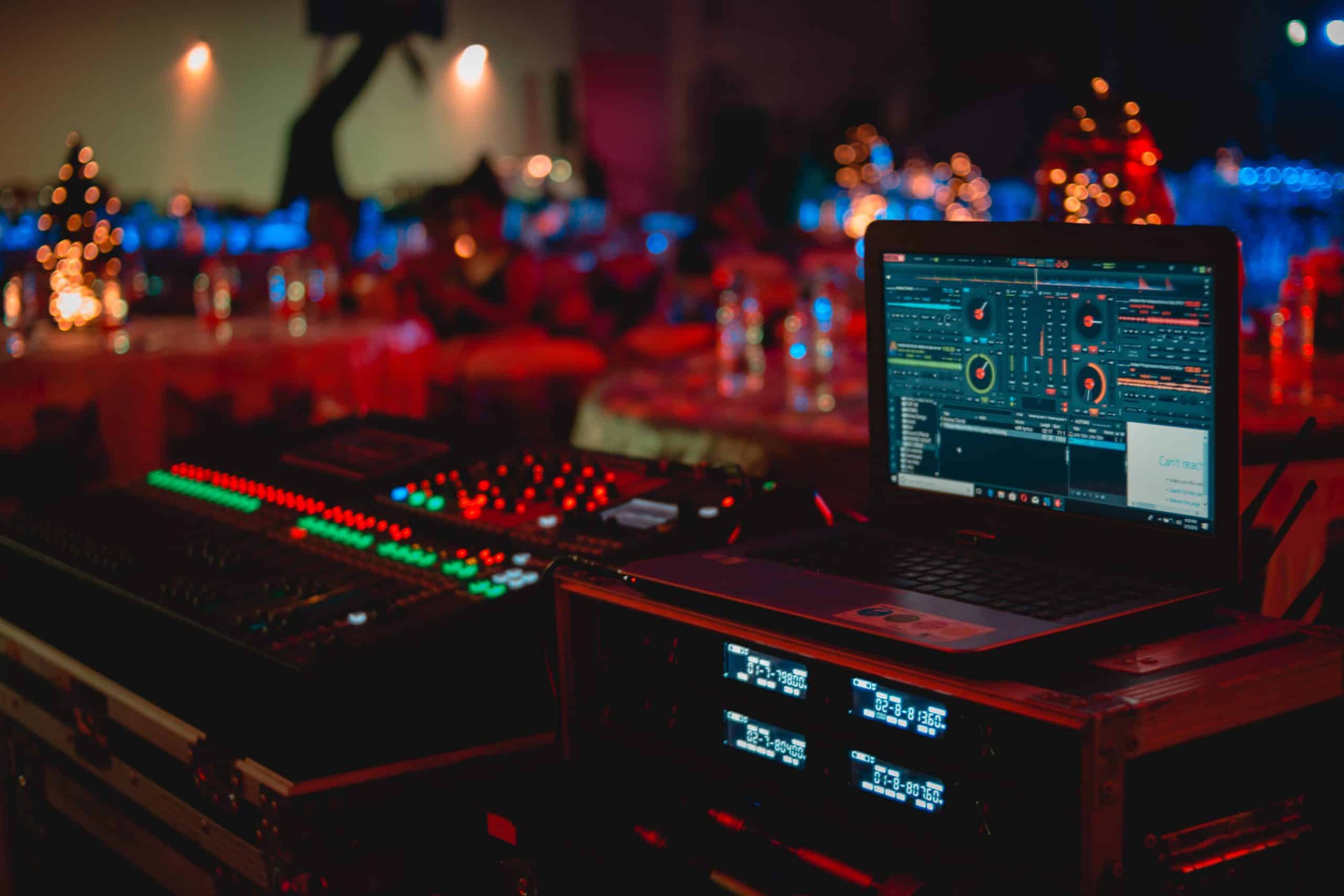There is a lot that goes into organizing a successful event. Without proper planning and execution, the event is likely to flop and make a lot of people disappointed. To offer a memorable experience for your audience and crew, you need a solid production schedule. So, what is a production schedule for an event?
What Is a Production Schedule for an Event?
A production schedule for an event outlines all the tasks to be carried out before, during, and after the event. It provides a detailed timeline leading up to and after the event. It indicates what the production teams in charge of video, audio, lights, logistics, and so on will do during the event.

The event manager or organizer is usually in charge of creating and updating the production timeline. This schedule is created before the actual event, usually in the ‘pre-production phase.’ It goes through many iterations as the production team changes the timeline to better accommodate all parties involved.
What Is Contained in a Production Schedule?
The contents of a production schedule will vary depending on the type of event. However, there are a few items that remain constant across all kinds of events. Specifically, every event production schedule will have three key things:
- A list of tasks
- People or teams responsible for those tasks
- Expected completion dates
There are a few tasks at the beginning, which become more detailed as the event draws near. Some additional, common items you will find in a production schedule include:
- Call times for the crew
- Call times for the vendors
- Load-in time
- Meal breaks for the crew
- Staging meetings
- Client rehearsals
- Technical rehearsals
- Show times
- Load-out time
Why Do You Need a Production Schedule for an Event?
If you are organizing a live event, a production schedule will ensure that everything is planned well and the event becomes a success.
There are several reasons why this document is an absolute necessity for any event. For instance:
- It helps you keep an inventory of everything you need for the event. This way, you can tell what you already have and will need to get before show day to avoid stockouts.
- It helps you know how many crew members you will need for the show to plan accordingly.
- It helps you identify potential risks and find ways to mitigate them.
- It helps you come up with a realistic budget for the event
- It helps develop an effective communication system, so everyone knows exactly what they are supposed to do.
 Stages of a Production Schedule
Stages of a Production Schedule
Most production schedules go through four crucial stages. These are:
- Pre-production
- On-site or Load-in
- Show day
- Load-out
Pre-Production
This is the first step in preparing any production calendar for an event. Depending on the size and complexity of the event, pre-production can kick off a few days or months before the event.
First, the event manager meets with their team to go through client requirements and then comes up with the initial timeline. Some important tasks to do in this stage include:
- Evaluation of the event concept
- Booking the show crew (This should happen at least three months before the event)
- Creating a budget
- Planning event branding, design, and theme
- Creating necessary scripts
If you are looking for professional help, our production management team can help design the perfect event for your and your audience.
On-Site/Load-In
In this stage, the setup and rehearsal for the event begin. This is usually a few days before the event. You can begin on-site preparations after completing all necessary arrangements with staging and rental companies.
Most production teams usually build their show flow while onsite. This allows them to ensure that everyone is on the same page. Some key things to complete at this stage include:
- Bringing in all required equipment
- Preparing the stage
- Creating the show flow
- Staging meeting
- Reviewing technical details
- Coming up with Audio Visual (AV) cues
- Identifying potential problems and how to solve them
- Assessing team roles
- Performing a run-through at the venue
- Modifying or changing cues as you see fit
Show Day
This is the day when the event is scheduled to take place. Usually, you will have a short run-through of the event schedule and then go through all the cues to ensure everything is set.
You should also check if the client is ready or if they need an extra rehearsal. After ensuring that everything is according to schedule, print several copies of the updated version of the event flow and distribute them to key crew members.
Load-Out
This is the last stage of the event production timeline. It refers to the process of dismantling the stage and equipment and having a final post-event meeting. Depending on how big the event was, load-out can take a day or several days. Generally, it is faster than load-in.
Several things happen at this stage, including:
- Dismantling the stage and equipment
- Packing up all equipment and loading them into vehicles
- Returning equipment to their respective destinations
An active load-out crew will help hasten this step and officially close the event schedule.
Related Questions
Below are some common questions about event production scheduling.
What Is the Difference Between an Event Production Schedule and a Show Flow?
A production schedule contains a list of tasks that should be completed before, during, and after the event and the people to do those tasks. On the other hand, a show flow (also known as a run of the show, cue sheet, or cue-to-cue) contains an item-by-item sequence of tasks that will be executed during the event.
What Are the Qualities of a Good Event Production Schedule?
A good event production schedule should be dynamic, realistic, timely, and detailed. It should prioritize tasks according to their datelines and take advantage of project management tools for maximum efficiency.
Conclusion
A production schedule is highly essential for the success of any event. It allows you to plan, execute and avoid potential problems during an event. The document will also enable you to develop a realistic budget and ensure that all crew members understand exactly what they need to do and at what time.







